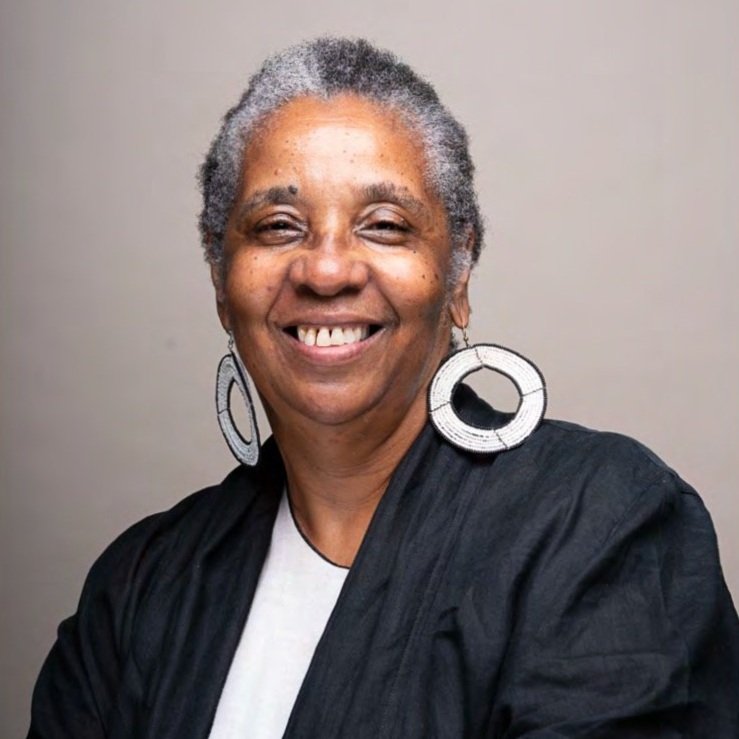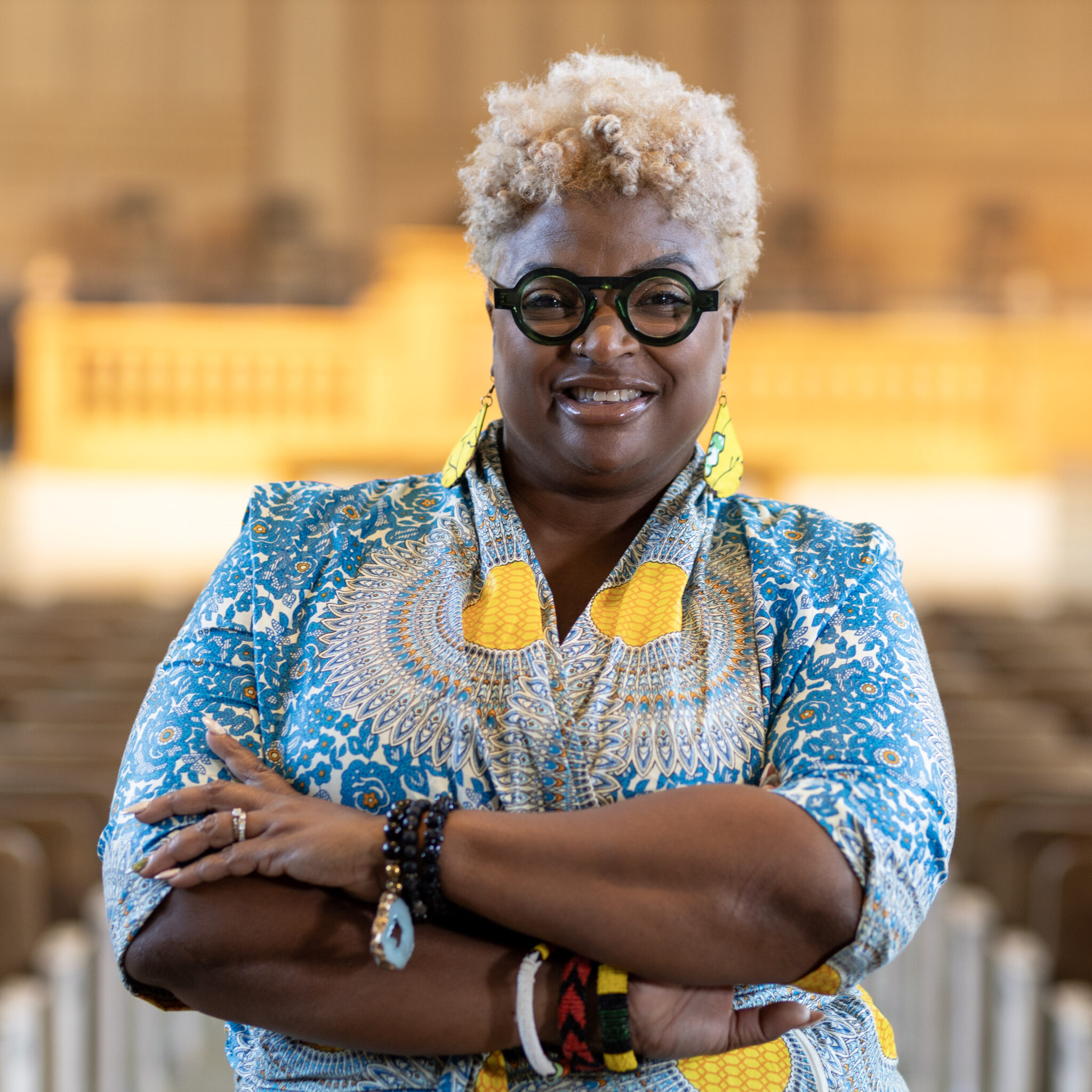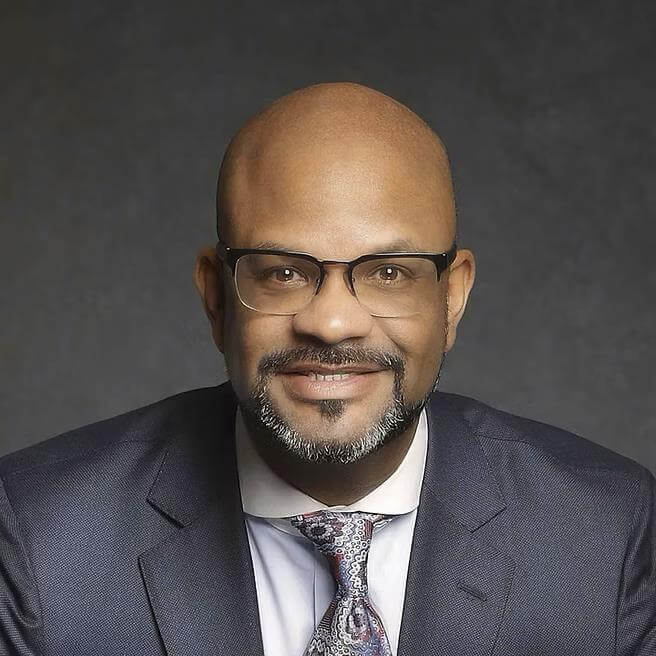Institute
The Faith COMPASS Center’s work includes research, teaching, training, and community projects that centers access to care, destigmatizing strategies, and health promotion. Through the Institute and Lecture Series, we highlight issues of faith, health, race, sex, sexuality, and transformative storytelling at the local and regional level.
2025 Summer Institute
Re-Storying and Restoring: Theology, Sacred Memory, and Health in the African American Community
June 26th–28th, 2025
Wake Forest University School of Divinity
Description:
This summer institute aims to provide faith ambassadors, church congregants, health workers, seminarians and preachers with tools and knowledge necessary to challenge and correct harmful theological and cultural narratives about HIV/AIDS in the African American community. By engaging with sacred memory, participants will learn to re-story the narrative around HIV/AIDS, promoting healing and well-being for both the community and individuals. The institute will provide a space for deep reflection and exploration of the intersection of theology, health, and social justice. Participants will leave with a deeper understanding of the impact of ancient wisdoms via prophetic preaching and transformative storytelling on health outcomes and the skills to create positive change within their communities.
Facilitators

Dr. Itihari Touré
Ritualist, Educator and Innovator

Rev. Dr. Melva Sampson
Digital Griot, Scholar and Ordained Minister

Rev. Dr. David Brawley
Senior Pastor

Stephen Lewis
Organizational Strategist and Leadership Development Specialist
Goals
- To develop skills in justice-centered design thinking and sacred memory to create new, affirming narratives about Black faith and HIV/AIDS that promote communal flourishing.
- To utilize prophetic preaching to communicate these new narratives in a way that inspires and empowers communities to act towards positive change.
Learning Outcomes
Upon completion of the institute participants should be able to:
Participants will learn how to engage with sacred memory and religious traditions to re-story the narrative around HIV/AIDS. They will explore the role of sacred texts, rituals, and cultural practices in promoting healing and well-being. Through interactive sessions and plenary demonstrations attendees will develop strategies to reinterpret and reclaim theological frameworks that support empathy, understanding, compassion and untapped ingenuity in the context of HIV/AIDS.
Participants will explore the impact of these narratives on individuals, families, and communities and gain insights into the perpetuation of stigma and discrimination. They will also learn to identify implicit biases within theological discourse and cultural practices.
Participants will gain a comprehensive understanding of the theological and cultural narratives surrounding HIV/AIDS within the African American community. They will be able to identify the contemporary factors that contribute to stigmatization and misinformation, recognizing the intersectionality of faith, culture, and health in shaping these narratives.
What is Sacred Memory?
Sacred Memory Work facilitates preaching clergy and public theologians to use the “Oratory of the Sacred” as a sustainable tool for cultural inclusion, an essential re-storying that corrects hegemonistic narratives, as a restorative act of healing and well-being for community and person.
Why do we engage Sacred Memory?
To heal ourselves from the harmful generational impact of colonized and stigmatized theologies that stifle Black faith, Black health, and Black life.
Who should be interested?
Anyone who is invested in promoting health and well-being in the African American Community, particularly those who are interested in utilizing a holistic, interdisciplinary approach that integrates theology, sacred design thinking, ancient wisdom traditions, prophetic preaching, and community engagement.
John W. Hatch Lectures & Symposium
The 9th Annual John W. Hatch Lectures & Symposium will be held at Wake Forest University School of Divinity on December 3, 2024.
The lecture series is named in commemoration of the pioneering work of Dr. John W. Hatch, William Rand Kenan Jr. Professor Emeritus, Health Behavior and Health Education, University of North Carolina Gillings School of Global Public Health. Hatch’s esteemed career includes over fifty years of experience in the areas of faith, health, and community organization with a special focus on underserved communities and social justice.
The Hatch Series engages faith and health leaders in thought provoking dialogue reflective of the strength of faith and health intersections in improving population health and building stronger communities. Lecture goals include:
- Engaging participants in diverse streams of intellectual knowledge gained through individuals, communities, and institutions relevant to the fields of faith and health.
- Creating opportunities for open dialogue, story sharing, and innovation between faith and health communities towards the goal of improved quality of life in the communities/populations served.
- Building stronger communities vested in bridging the space between the healing worlds of faith and health.
